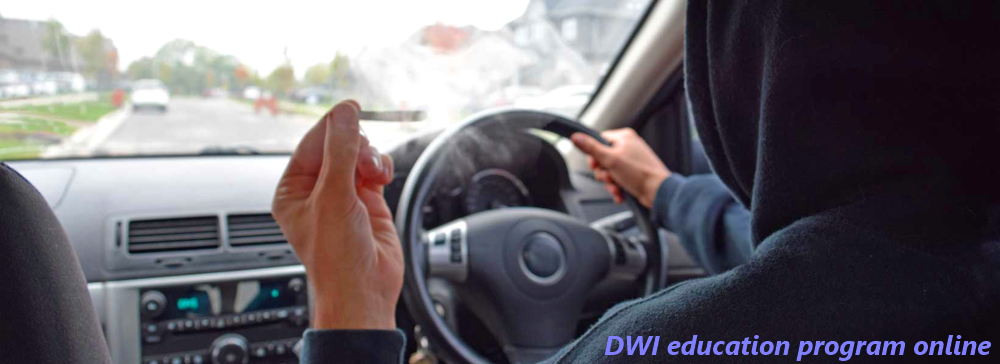Key Takeaways:DWI education programs aim to reduce impaired driving through knowledge transfer and behavioral interventions. These programs o
Key Takeaways:
- DWI education programs aim to reduce impaired driving through knowledge transfer and behavioral interventions.
- These programs often target first-time offenders with structured curriculums that foster responsible decision-making.
- Education efforts focus on the physiological, legal, and social implications of impaired driving.
- The integration of technology has enhanced program delivery and engagement.
Table of Contents:
- Introduction
- Understanding DWI Education Programs
- The Physiological Impacts of Impaired Driving
- Understanding the Legal Implications
- Promoting Social Awareness and Responsibility
- Conclusion
Contents
Introduction
Impaired driving remains a serious concern for communities worldwide, posing risks to drivers, passengers, and others on the road. DWI (Driving While Impaired) education programs are essential tools designed to curb these risks by educating individuals about the dangers associated with impaired driving.
These programs focus on imparting crucial knowledge, altering behaviors, and promoting a culture of responsibility and safety. In this article, we explore how DWI education programs address the myriad risks associated with impaired driving, detailing the components and benefits of these educative initiatives.
Understanding DWI Education Programs

DWI education programs are structured interventions to reduce impaired driving incidents through comprehensive instruction and awareness-building. Typically targeting first-time offenders or individuals deemed at risk, these programs serve as a preventive measure, steering participants away from future infractions.
The DWI education program online emphasizes accessibility, offering convenient learning modules that cover various topics integral to responsible driving. By engaging participants through interactive content and assessments, these programs seek to make a lasting impression, fostering behavioral change and promoting safety on the roads.
The Physiological Impacts of Impaired Driving
One of the core areas of focus for DWI education programs is the physiological effect of substances such as alcohol and drugs on driving abilities. Participants receive detailed insights into how these substances impair motor skills, reaction times, and judgment. Understanding the scientific basis of impairment is crucial for conveying the seriousness of the offense.
Many programs incorporate visual aids or simulations to illustrate the effects intricately, helping participants visualize the dangers of impaired driving. This scientific approach is designed to demystify assumptions, replacing them with factual information discouraging reckless behavior.
Related: The Evolution of Eco-Friendly Automobiles and Their Impact on Modern Driving
Understanding the Legal Implications

DWI education programs also place a significant emphasis on the legal ramifications of impaired driving. Participants are educated about potential legal consequences, such as fines, license suspensions, and incarceration. Through structured lessons, individuals learn about the judicial processes related to DWI offenses and the long-term impact of such a record.
Highlighting these repercussions serves two purposes: it acts as a deterrent against future violations and underscores the significance of adherence to legal expectations. These programs aim to promote proactive legal compliance and responsibility behind the wheel by clarifying the stakes involved.
Promoting Social Awareness and Responsibility
A critical component of DWI education is fostering social consciousness and a sense of community responsibility. Programs often include modules that address the ripple effects of impaired driving on families, friends, and strangers alike, cultivating empathy and accountability among participants. Through discussions and group activities, individuals are encouraged to consider their safety and that of others.
Additionally, these initiatives promote the role of individuals as advocates for safe driving, empowering participants to influence peers positively and mitigate impaired driving within their networks. This collective focus on social responsibility inspires an environment conducive to change and safety.
Related: Why is It Important to Go to a Driving School Toronto?
Conclusion
DWI education programs represent a vital component in the ongoing efforts to combat impaired driving and its associated risks. By providing comprehensive education on the physiological, legal, and social factors tied to impaired driving, these initiatives strive to cultivate informed, responsible individuals committed to safe driving practices.
Accessible formats, including online options, ensure these programs reach wider audiences, making education a pivotal tool in reducing violations and enhancing road safety. Through continued engagement and commitment to these educative approaches, society can make significant strides toward eliminating the threat of impaired driving.

COMMENTS